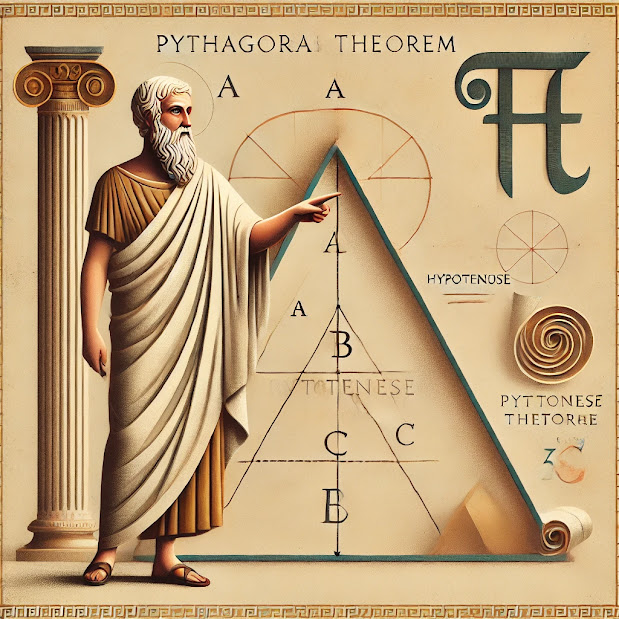Why Is Mathematics So Important? The Power of Mathematics from Daily Life to Business Life
Hello Everyone!
During our school years, we have all asked, "Why do we learn mathematics?" or "How will mathematics be useful in daily life?" In this article, we will thoroughly examine the real reasons why we learn mathematics.
First of all, mathematics was not invented just to make things difficult for people. Mathematics is a field of science that emerged out of necessity. In other words, it exists because we need it. In the past, people used mathematics to calculate when and how much rivers would flood. Today, we benefit from mathematics in almost every aspect of our lives on a much broader scale.
Where Is Mathematics Used in Daily Life?
We use mathematics every day, often without even realizing it. Here are some examples:
-
Time Management: We use mathematics when setting our wake-up time in the morning and calculating how much time we have to get to work or school.
-
Shopping: We do basic calculations when determining our budget, evaluating discounts, or receiving change at the store.
-
Financial Transactions: We use mathematics when calculating interest rates on loans or analyzing whether our investments are gaining value.
-
Games: In strategy games, we calculate probabilities; in chess or checkers, we try to predict the outcomes of our moves.
-
Travel Planning: We use mathematics to determine distances, fuel consumption, or travel duration.
-
Health and Diet: We calculate our daily calorie needs or the number of calories burned while exercising, which also involves mathematics.
Where Are Derivatives, Limits, and Integrals Used?
Beyond the mathematics we use unconsciously in daily life, more advanced mathematical concepts are actively used in many fields, including engineering, physics, economics, and computer science. Here are some examples:
-
Engineering: Civil engineers use derivatives and integrals to calculate the durability of buildings, while mechanical engineers use them for speed and acceleration calculations.
-
Physics: Many physical phenomena, such as motion equations, electrical circuits, and wave movements, are modeled through mathematical calculations.
-
Economics: Derivatives and limits are used in supply and demand curves and cost analysis.
-
Computer Science: Mathematics is used to calculate algorithm efficiency and develop machine learning and artificial intelligence models.
The Contributions of Mathematics to Personal Development
Mathematics plays a significant role not only in daily life or academia but also in our intellectual development. Learning mathematics improves the following skills:
-
Analytical Thinking: It helps break down problems into parts and develop solutions.
-
Logical Reasoning: It enhances the ability to make correct inferences and solve problems.
-
Discipline and Patience: It teaches patience when working through complex problems.
-
Decision-Making Ability: It enables us to make more informed and accurate decisions in daily life.
Conclusion
Mathematics holds an essential place in every aspect of our lives, even if we are not always aware of it. Beyond numbers, formulas, or theories, it is a science that enhances our thinking abilities, simplifies life, and assists us in various fields. Therefore, we should view mathematics not just as a subject but as a crucial tool that shapes our everyday lives.
Learning mathematics means understanding life better!








.png)


Comments
Post a Comment